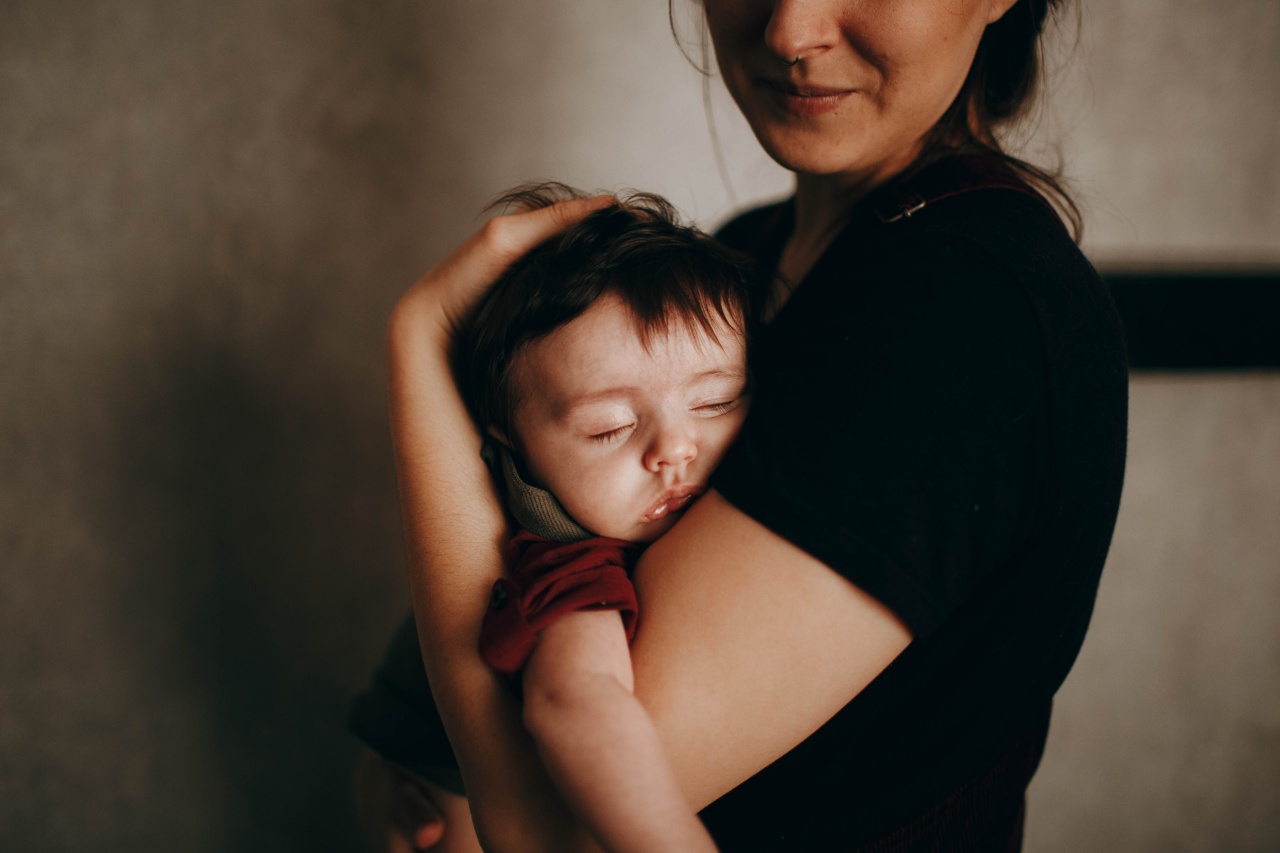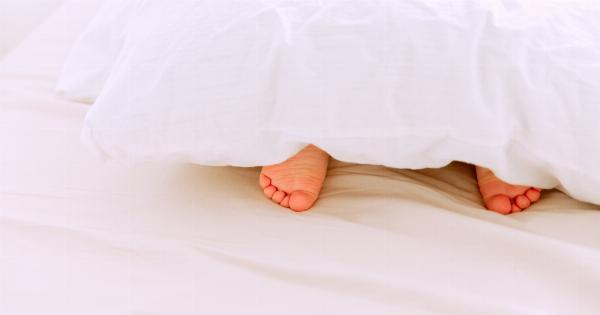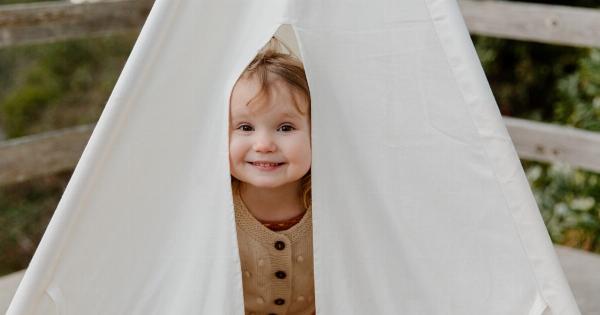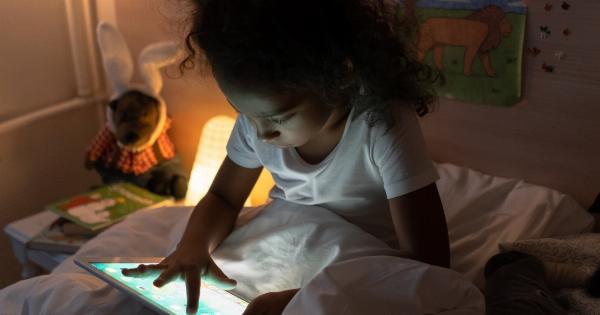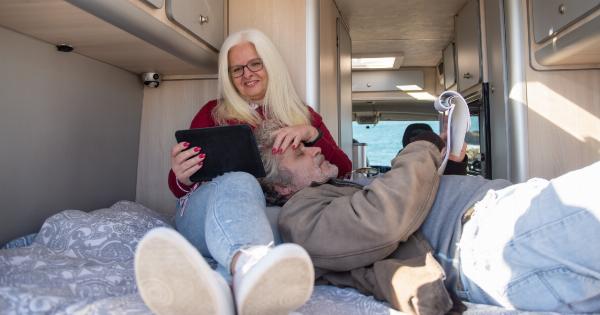One of the most debated topics amongst parents is when it is suitable for their baby to sleep in their own room.
The decision to move your baby into their own room can be filled with emotions and doubts, as parents wonder whether it is too soon or if it will affect their baby’s sleep patterns and overall well-being. In this article, we will explore the factors to consider when deciding if your baby is ready to sleep in their own room.
The recommended age to transition
The American Academy of Pediatrics (AAP) recommends that parents share a room with their baby for at least the first six months, and ideally, until their first birthday.
This is believed to reduce the risk of Sudden Infant Death Syndrome (SIDS) by up to 50%. The close proximity allows parents to monitor the baby’s breathing, temperature, and overall safety during sleep. However, every baby is unique, and their readiness to sleep in their own room can vary.
Safety measures
Before considering moving your baby to their own room, it is essential to ensure that their sleeping environment is safe. Keep these safety measures in mind:.
- Place the baby’s crib away from any hazards such as cords, curtains, or blinds.
- Ensure that the crib mattress is firm and fits snugly against the crib’s frame.
- Remove any soft bedding, pillows, or stuffed animals from the crib.
- Use a sleep sack or wearable blanket to keep the baby warm instead of loose blankets.
- Keep the room at a comfortable temperature, neither too hot nor too cold.
Signs your baby is ready
While the recommended age is a good guideline, it is equally important to consider your baby’s individual cues and signs of readiness. Here are some ways to tell if your baby might be ready to sleep in their own room:.
- Your baby is sleeping through the night consistently.
- Their sleep patterns have become more predictable.
- They can self-soothe and fall asleep on their own.
- Your baby appears comfortable in their crib during daytime naps.
- They have outgrown their bassinet or co-sleeper.
The benefits of sleeping in their own room
Transitioning your baby to their own room can have several benefits for both the baby and parents. These benefits include:.
- Better sleep for both the baby and parents: The baby may be less likely to be disturbed by parental movements or sounds, leading to longer and more restful sleep.
- Improved sleep independence: Sleeping in their own room can encourage the baby to develop self-soothing techniques and fall back to sleep independently when they wake during the night.
- Establishing a bedtime routine: Having their own space can help create a consistent bedtime routine, promoting healthy sleep habits and a sense of security.
- Increased privacy for parents: Moving the baby to their own room allows parents to regain their privacy, fostering a healthier relationship and better quality sleep for themselves.
Preparing for the transition
The process of moving your baby to their own room can be made smoother by following these steps:.
- Gradual transition: Start by moving the baby to their own room for daytime naps before making the transition for nighttime sleep.
- Bedtime routine: Stick to a consistent bedtime routine to help your baby associate their own room with winding down and falling asleep.
- Comfort objects: Introduce a comfort object, such as a soft toy or blanket, to provide familiarity and comfort during the transition.
- Monitor with video or audio: Investing in a quality baby monitor allows parents to keep an eye or ear on their baby’s safety and well-being.
- Be responsive: During the initial nights in their own room, be ready to respond to your baby’s needs promptly to provide reassurance and comfort.
Monitoring your baby’s well-being
Even after the transition, it is important to continue monitoring your baby’s well-being during sleep. Some considerations include:.
- Regular check-ins: Peek into the room periodically to ensure your baby is comfortable and safe.
- Invest in a quality baby monitor: A monitor with video capabilities can provide added peace of mind.
- Responsive parenting: If your baby appears distressed, be ready to provide comfort and reassurance as needed.
- Trust your instincts: If you have any concerns, do not hesitate to consult with your pediatrician.
The emotional aspect for parents
The decision to move your baby to their own room can evoke various emotions for parents. It is natural to feel a mix of relief, sadness, and even guilt.
Remember that each family’s circumstances and dynamics are unique, and what works for one may not work for another. Trust your instincts and make choices that align with your family’s needs and values.
Conclusion
The decision to move your baby to their own room is a personal one that depends on various factors, including your baby’s age, readiness, and your own comfort level.
It is important to prioritize safety measures and monitor your baby’s well-being even after the transition. Ultimately, the goal is to promote healthy sleep habits and ensure that both the baby and parents get the rest they need.
